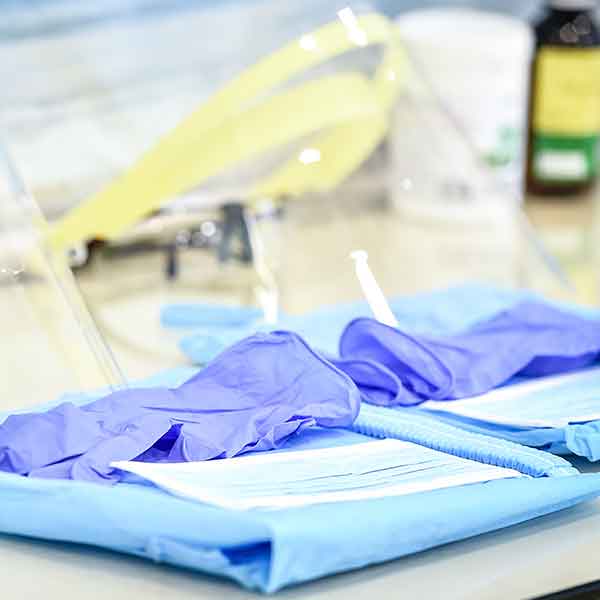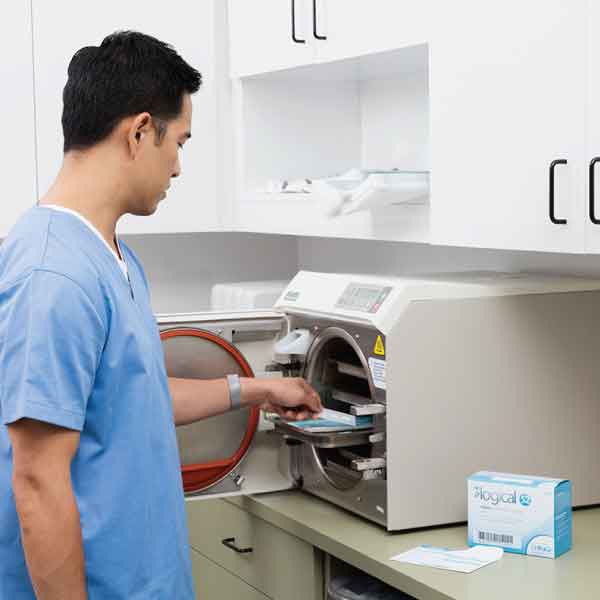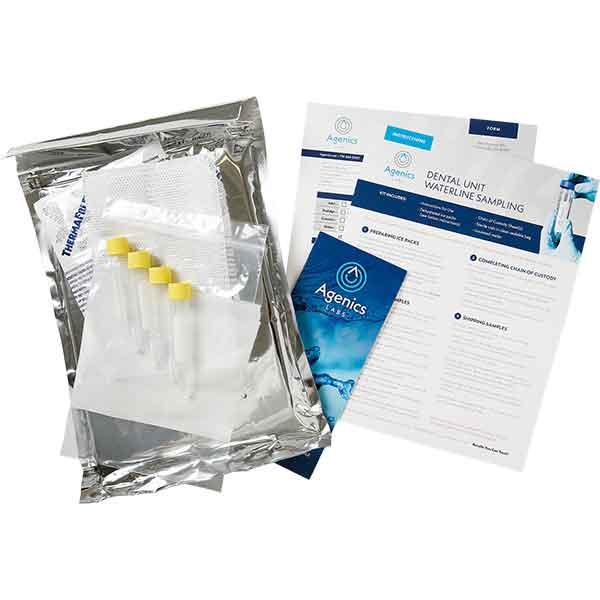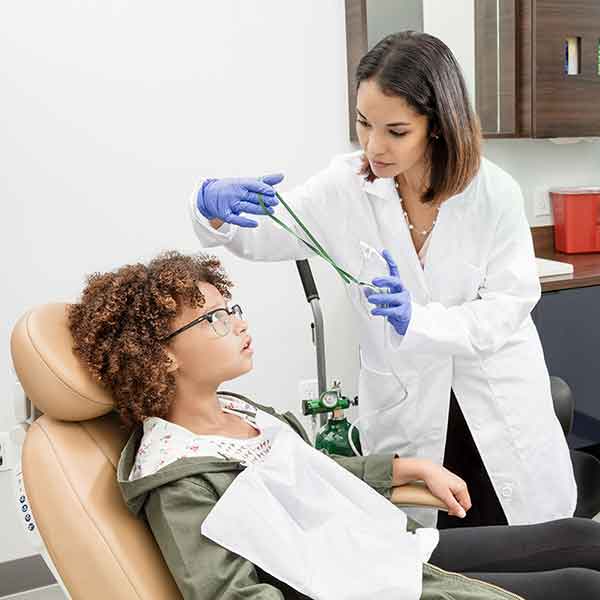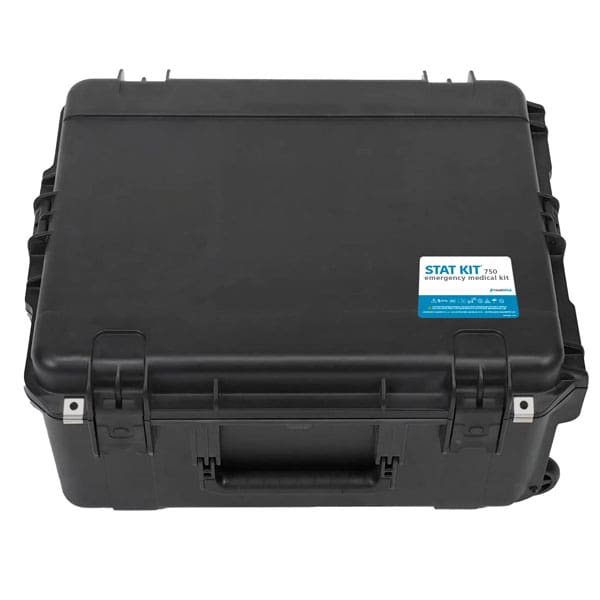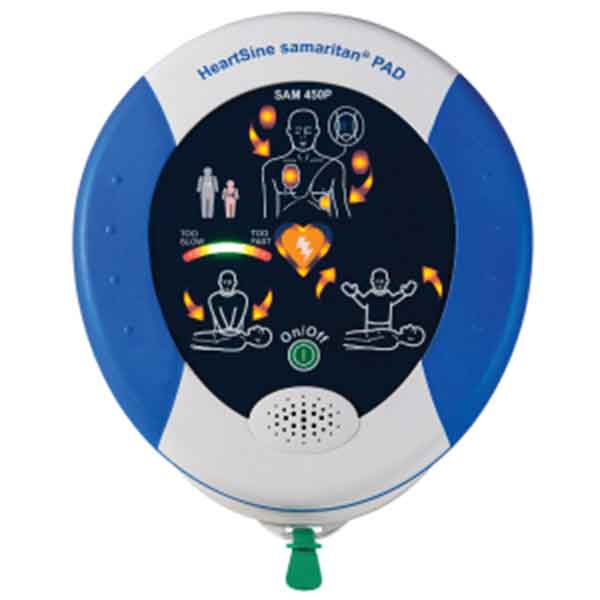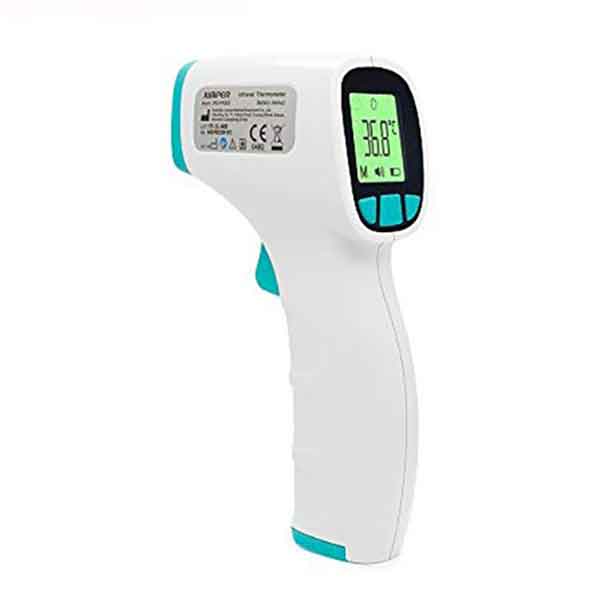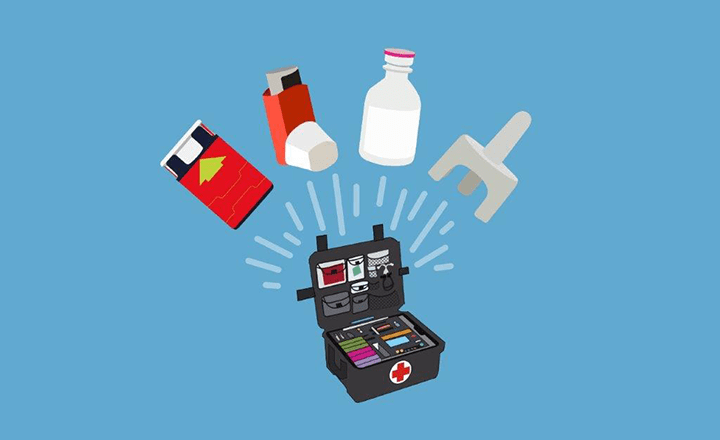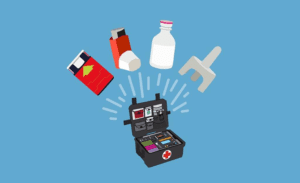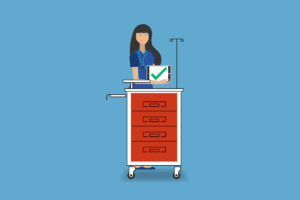Every day an average of 130 Americans die from a drug overdose, with opioids involved in over 70% of deaths1. As medical professionals work to minimize the spectrum of risk factors related to patient opioid use, naloxone is emerging as a “must-have” in the increasingly likely event of a patient overdosing at the office.
Data from the Centers for Disease Control and Prevention (CDC) show that drug overdoses killed more than 70,000 Americans in 2019, higher than deaths from HIV, car crashes or gun violence at their annual peaks2. The number of overdose deaths involving opioids (including prescription opioids and illegal opioids like heroin and illicitly manufactured fentanyl) was six times higher than in 1999.
Between the opioid epidemic’s inception in 1999 to 2019, approximately 841,000 lives have been lost to abuse and misuse of these drugs in prescription (e.g., oxycodone, morphine, methadone) and illicit (e.g., heroin, fentanyl) forms. Hundreds of thousands more are admitted each year to emergency departments or seek life-saving treatments.
When the federal government issued a national public health emergency (PHE) in 2017, the opioid epidemic was declared the worst PHE since the term originated in 2001. With the PHE declaration, Health and Human Services (HHS) announced a 5-Point Strategy To Combat the Opioid Crisis to initiate immediate public health interventions so that millions of current and future opioid users don’t suffer the physical and mental impacts of this epidemic.
Naloxone as a Front-Line Response
One strategy every medical office can deploy to combat the opioid crisis is to be supplied with overdose-reversing drugs such as naloxone. According to the National Institute on Drug Abuse (NIDA), naloxone is a safe medication that is widely used by emergency medical personnel and other first responders to prevent opioid overdose deaths.
Primary care settings have increasingly become a gateway to better care for individuals with both behavioral health (including substance use) as well as primary care needs. Prevention and access to treatment for opioid addiction and overdose reversal drugs are critical to fighting this epidemic.
























